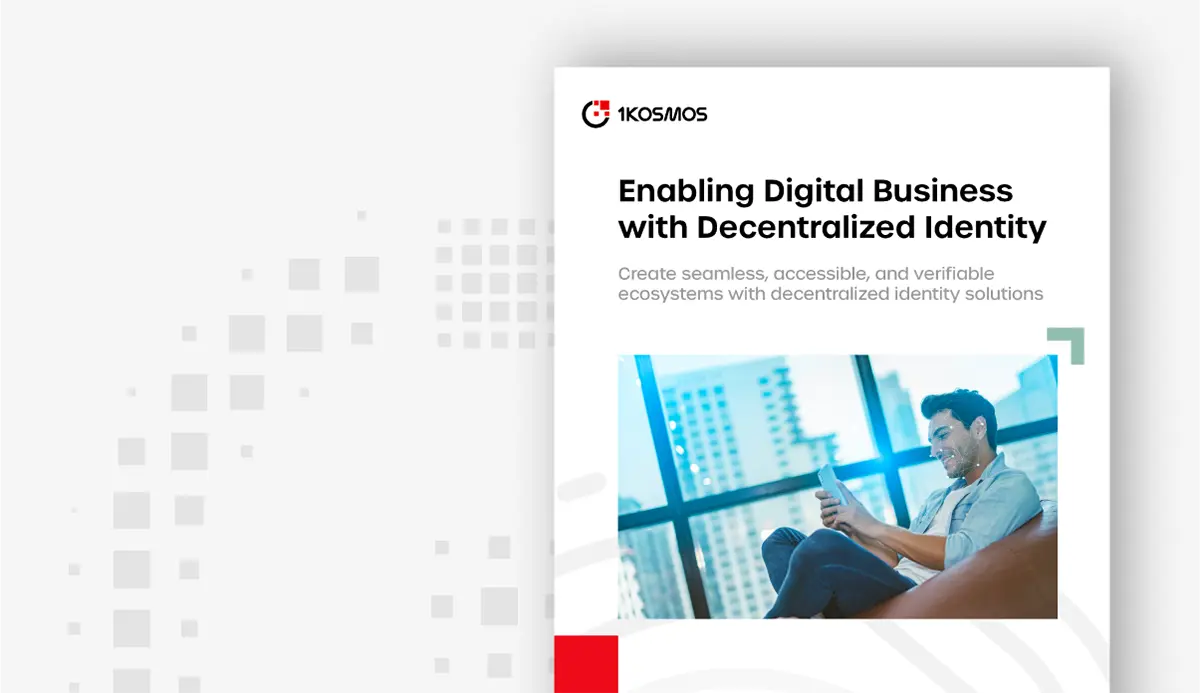GDPR All Set To Revolutionize Blockchain
On May 25th, the General Data Protection Regulation was brought into impact. A fast 101 about GDPR: its a far reaching and thorough European Union collection of decisions that cares for individual information protection. With such controls at play, it’s a given that it will positively change how advanced organizations work. According to a gauge by the International Association of Privacy Professionals, this control will resultantly make around 75,000 security occupations, and that around 500 organizations recorded on Fortune’s Global rundown will spend near $8 billion to direct their filling in according to the GDPR. As a matter of fact, the GDPR’s origination happened in 2016, and following two long stretches of thorough advances it is at last staying put.
The two primary goals of the GDPR are:
- To make a uniform information control structure inside Europe
- To engage people with respect to control over capacity and utilization of their own information
Commitments and rights
One of the boss basic highlights of the GDPR is that it is making sure settled conventions for “information processors” that incorporate open and also corporate substances. The objective is to give more rights to singular clients or “information subjects”.
In the case of watching open associations or private ventures, it has been noticed that both wind up gathering information in a commonplace ‘dash for unheard of wealth’, even without recognizing what to do with this information. GDPR makes a stride against particular of information processors, wherein processors have no compelling reason to gather information which outperforms the essential and is straightforwardly valuable for connections with its clients. As Article 39 of the GDPR states, information gather should be “sufficient, pertinent and constrained to the base vital in connection to the reasons for which they are handled”.
Right off the bat, aside from separating the preclusions, GDRP likewise controls authoritative rules which information processors should act as per here onwards. Furthermore, all substances that meet all requirements to be considered as an “information nexus” require a Data Protection Officer (DPO) who might be in charge of overseeing congruity with the GDPR. According to Article 33, this DPO will be under the lawful commitment to alarm the supervisory expert at whatever point a hazard to information subject’s security emerges.
Blockchain and GDPR
GDPR is accepted to achieve a recently discovered aid of the blockchain. Since both have a few shared objectives, they are very complimentary in nature to each other. Here are the regular highlights between the two:
- Both go for decentralizing information control
- Progressing in the direction of hardening power disparity between brought together specialist co-ops
A profoundly encouraging prospect, the amalgamation of valid equipment and blockchains. Ordinarily, open blockchains duplicate every one of the information and offer it with all machines in the system. Clients fuss over trade off of protection and information cancellation, which are exceptionally likely issues. To treat this issue, specialists are attempting to figure a route for “confided in registering enclaves” like Intel SGX to give anchor and classified information stockpiling and security.
Partner open blockchains with confided in registering suggests that information security can be guaranteed notwithstanding outside dangers, with the blockchain going about as judge of who gets the entrance to that information. Since keen contracts mean never again trusting brought together specialist co-ops, information rights can be overseen solely through the blockchain and confided in client equipment. There are a few continuous undertakings that are endeavoring to contort the blockchain GDRP bane to help. We trust that the future holds brighter roads for this innovation and a more secure blockchain for the majority to take part in.
